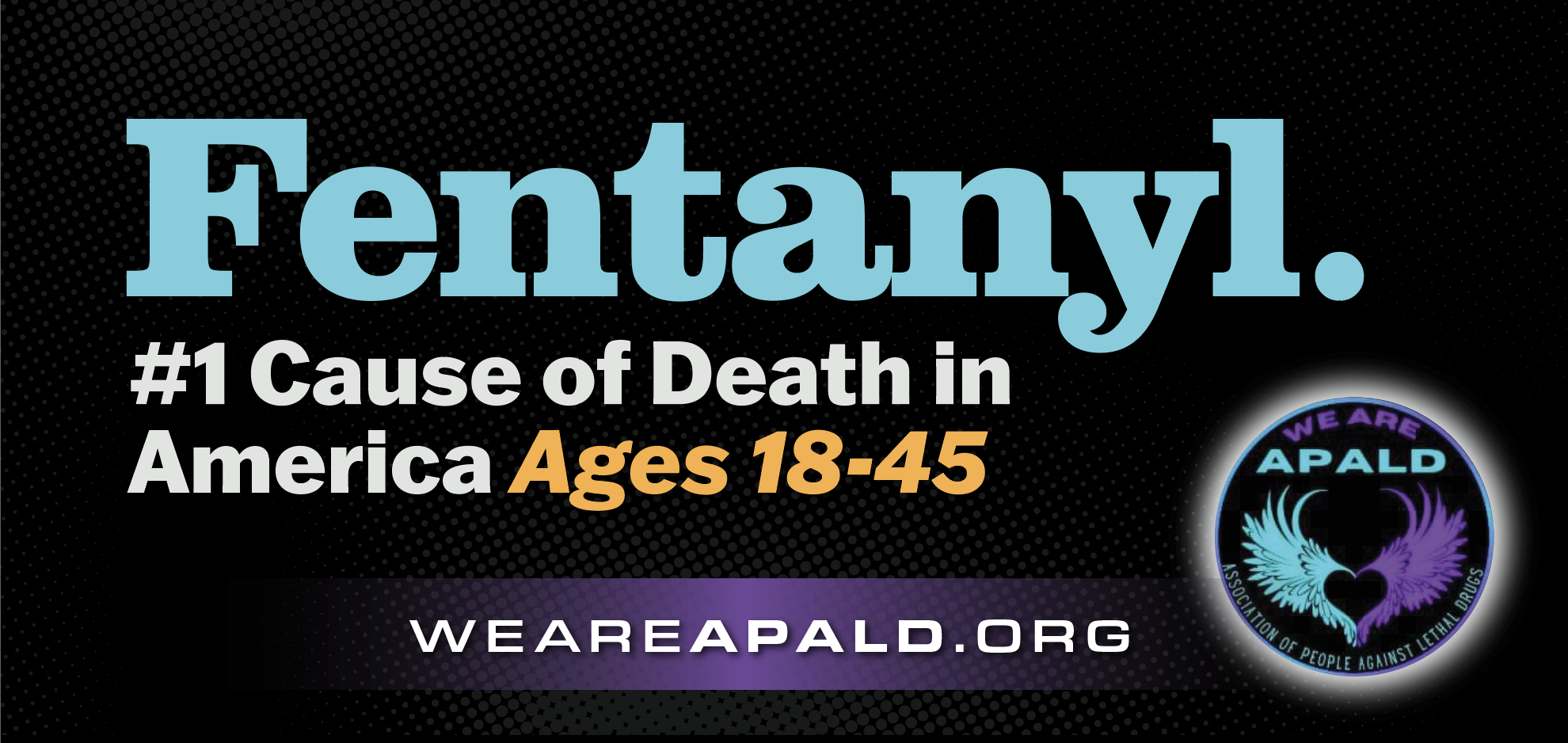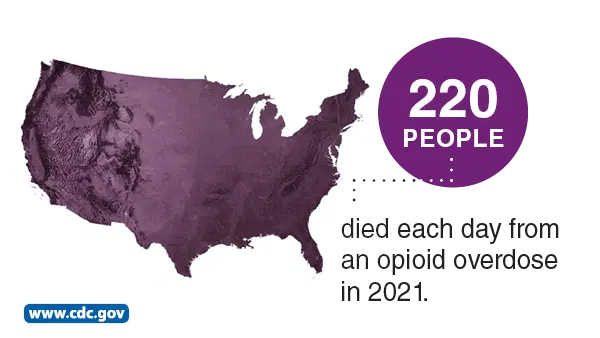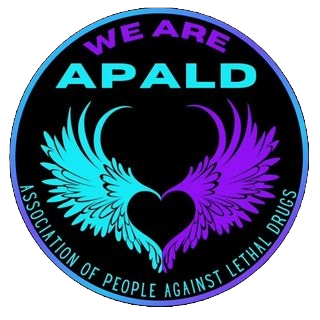

NEW YORK (AP) — Nearly 108,000 Americans died of drug overdoses in 2022, according to final federal figures released March 21, 2024.
Over the last two decades, the number of U.S. overdose deaths has risen almost every year and continued to break annual records — making it the worst overdose epidemic in American history.
The official number for 2022 was 107,941, the U.S. Centers for Disease Control and Prevention said, which is about 1% higher than the nearly 107,000 overdose deaths in 2021.
Earlier provisional data estimated more than 109,000 overdose deaths in 2022, but provisional data includes all overdose deaths, while the final numbers are limited to U.S. residents.
The female overdose death rate declined for the first time in five years, although the male overdose death rate continued to inch up, the report said. Males account for about 70% of U.S. overdose deaths. (Reference)
These synthetic poisonings demonstrate a paradigm shift in comparison to the so-called drug overdoses we have seen over the years. These deaths are in fact not overdoses; they are synthetic poisonings from ingestion of a drug that is fatal.
In most cases, the lethal drug ingestion is unbeknownst to the victim, resulting in drug induced homicide. APALD encourages awareness of the issue, and legislative changes related to drug trafficking and drug induced deaths which have resulted from lethal poisoning from synthetics such as Fentanyl and Carfentanil.

